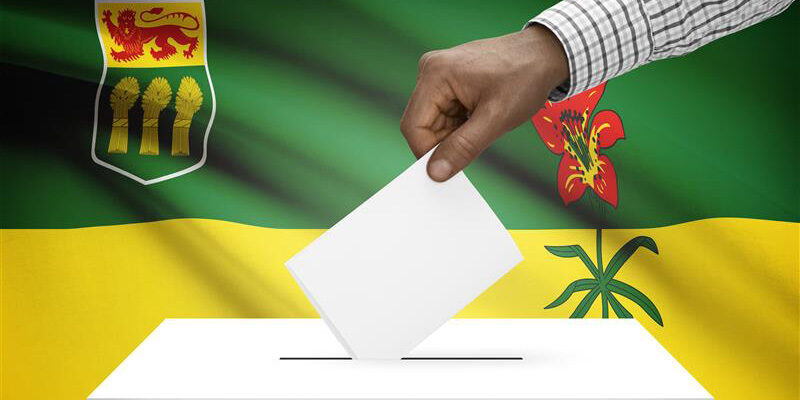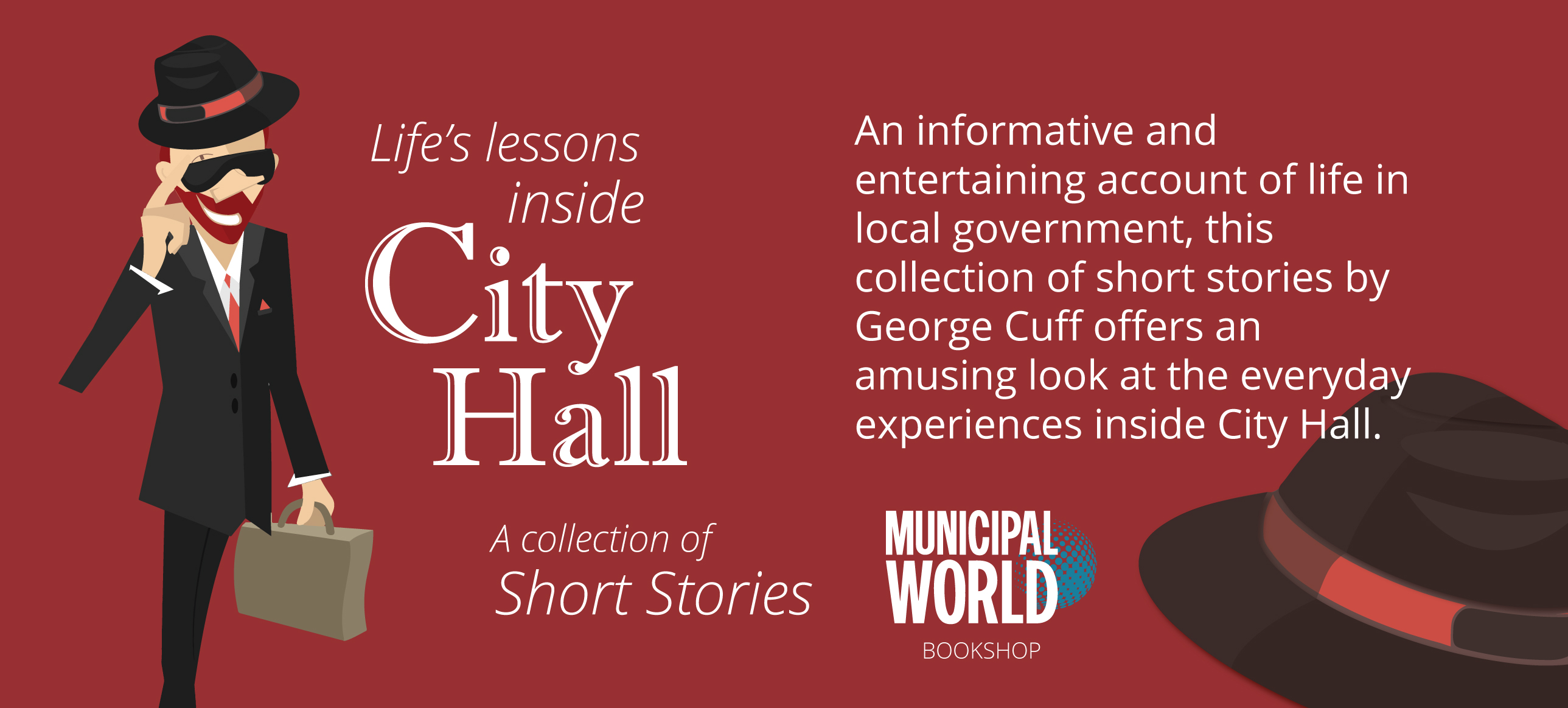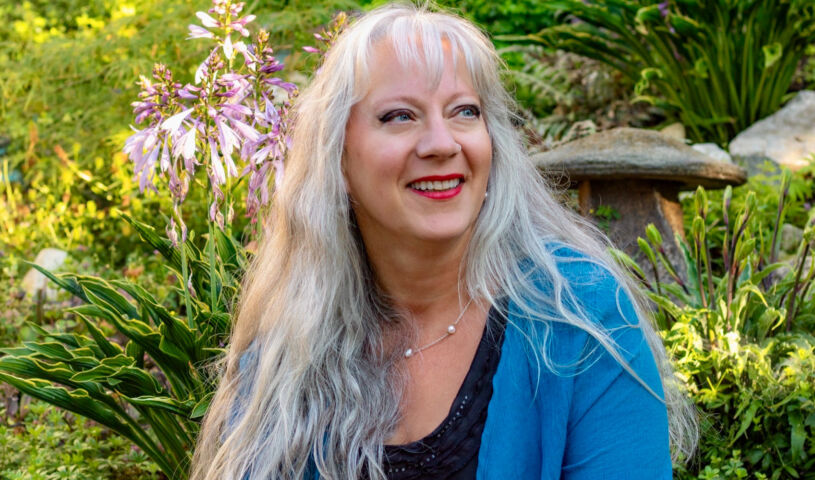Saskatchewan municipal election: Fresh faces, and low turnout
 Municipalities across Saskatchewan held elections last week to determine who will serve on local councils. Several new mayors and councillors were elected. Photo: Adobe Stock
Municipalities across Saskatchewan held elections last week to determine who will serve on local councils. Several new mayors and councillors were elected. Photo: Adobe Stock
Municipalities across Saskatchewan held elections last week to determine who will serve on local councils and school boards for the next four years. The elections saw new mayors and councillors elected across the province.
“We are very happy with the overall operation of the 2024 civic election,” said Returning Officer Shellie Bryant. “No significant issues were reported at polling stations, and it was great to see residents engaged and turning out at the polls to elect their local leadership for the next four-year term. Most importantly, the election results reporting is accurate. The new modernization processes were successful, and they will be further analyzed as the complete election is reviewed.”
Saskatoon’s First Woman Mayor
In Saskatoon, Cynthia Block became the first woman elected mayor in the city’s history. Block led with 27,415 votes by publication time, with all but two polls reporting. Runner up Gordon Wyant had just under 19,000 votes.
At city hall on election night, Block said she was “honoured” to be elected the first woman elected mayor in Saskatoon.
“I think representation matters. I want every woman and girl to know that they can lead … ultimately, I think that what connected most with residents in this campaign had to do with the vision of our city,” she said answering a question from reporters.
Block was first elected to Saskatoon’s city council in 2016. She spent two years representing Ward 6 before announcing her candidacy for mayor. Block, who is a former journalist, also ran for the Liberal Party in the 2015 federal election.
“This isn’t my victory,” Block said. “This is Saskatoon’s victory. Saskatoon has chosen a city for all people. They want a modern 21st century city that’s moving forward, not backward. A city with that is increasingly representative of places around the world.”
A 2021 provincial government report found that only 18 per cent of all elected council positions in the Saskatchewan were won my women. Rural municipalities had the lowest percentage of female representation at just seven per cent. Northern Municipalities meanwhile had the highest level of representation on council at 45 per cent.
Incumbent Mayors Unseated
The election saw incumbent mayors defeated in Regina, Prince Albert, Weyburn, and Moose Jaw.
In Regina, Chad Bachynski unseated incumbent Sandra Masters, winning around 30 per cent of the vote.
“Tonight is a celebration of our collective commitment to our city,” Bachynski said after winning the election. “I am honoured and deeply humbled to accept the responsibility of serving as your next mayor. This is a role I don’t take lightly.”
In Prince Albert, Bill Powalinsky defeated incumbent Greg Dione who was first elected in 2012. Speaking to reporters following his victory, Powalinsky said he was “humbled by the outcome.
“It’s still feeling a little bit surreal,” he said. “I’m excited about getting to work with the new council, and we’ve got a lot of work to do.”
James Murdock won in Moose Jaw while Jeff Richards was elected in Weyburn.
“I’m very grateful to the folks of Weyburn who’ve put their faith in me to serve as their mayor for the next four years, so thank you for that,” Richards said.
Richards added that he wants to get a “hustle mindset” back up in city hall.
“First order of business, we got to get a budget out,” Richards said. “Normally our budget would be done by now, but of course, because of the election, everything’s got bumped back, so administration needs their budget.”
Officials Elected by Acclamation
Rural voters in some parts of the province didn’t have to decide on local leadership for the next four years as mayors of some smaller communities had already been acclaimed to return for another term.
As of early November, 89 rural municipalities were not holding elections this year due to acclamations at all positions, according to Saskatchewan’s Ministry o Government Relations. Mayors in communities such as Warman, Osler, Hague, Dalmeny, and Rosthern have already been returned to office through acclamation.
“To have the opportunity to continue to lead during these times is just a real privilege and I appreciate that,” said Warman Mayor Gary Philipchuk.
In Saskatoon, incumbent councillors Bev Dubois and Zach Jeffries were acclaimed. Dubois now heads into her sixth term as a councillor. She was first elected in 2003.
The 2021 report found that 59 per cent of all election officials were elected by acclamation. For councillors the number was 57 per cent. Just over 60 per cent of mayors and 74 per cent of reeves elected by acclamation. The highest percentage of acclamations for all council positions was in rural municipalities at 78 per cent or 1,522 of 1,958 positions. Just over 40 per cent of officials were elected by vote.
“The ability for voters and candidates to participate in deliberations of political issues and the right for equality of participation is challenged,” the report reads. It also states that while a high vote to acclamation ratio could indicate a number of citizens want to sit on council, potentially to make changes, a high acclamation to vote ratio could indicate low citizen engagement through not wanting to challenge the status quo.
However, it adds, “A high acclamation to vote ratio could indicate that citizens are supportive of the candidate that has been nominated, so much so that they do not want to run against that candidate.”
Low voter turnout
According to the final count from Elections Saskatchewan a total of 471,087 ballots were cast in the general election. That represents 56.8 per cent of the 829,884 estimated eligible voters, the province’s highest turnout since 2007, when 60.8 percent of eligible voters voted. However, turnout in municipal elections has historically been much lower.
In Saskatoon, 19,400 people cast a ballot over the four days of advance polling from Nov. 1-4. That works out to about 10 per cent turnout. In 2020, Saskatoon reported 19,666 advance voters. Figures indicate that just over one-third of voters turned out to cast a ballot this year.
“This was reflected in our 35.04 per cent overall voter turnout from a total of 195,178 eligible voters – an increase over the 27 per cent turnout for the 2020 election,” Bryant said.
Just under 53,000 ballots were cast in Regina. The city saw 11,000 more votes than the 2020 election with an overall turnout of 26 per cent.
“Am I sitting here saying, ‘Woohoo, we did a great job, we got 26 per cent?’” said city clerk and returning officer Jim Nicol. “Yeah, great, small steps, but we do have a ways to go.”
Turnout in the province’s last two elections was particularly low. In 2016, just 20 per cent of voters in Regina cast a ballot. In 2020, the number was 21 per cent. Around 40 per cent of Saskatoon residents turned out for the 2016 election, however, that number plummeted to just 27 per cent in 2020.
Some have suggested that the timing of municipal elections could be a reason for the low turnout.
In 2020, Regina city council voted to ask the province to move the date, so the two votes weren’t so close to each other. The following year, Saskatchewan’s chief electoral officer made a similar recommendation, arguing that the short period between the votes caused problems for voters. However, the province has not acted on those requests. MW
✯ Municipal World Executive and Essentials Plus Members: You might also be interested in Andrea Mariko Grant and Sabreena Delhon’s article: Local politicians face abusive working conditions: What can we do about it?
Ibrahim Daair is staff writer at Municipal World.
Related resource materials:



